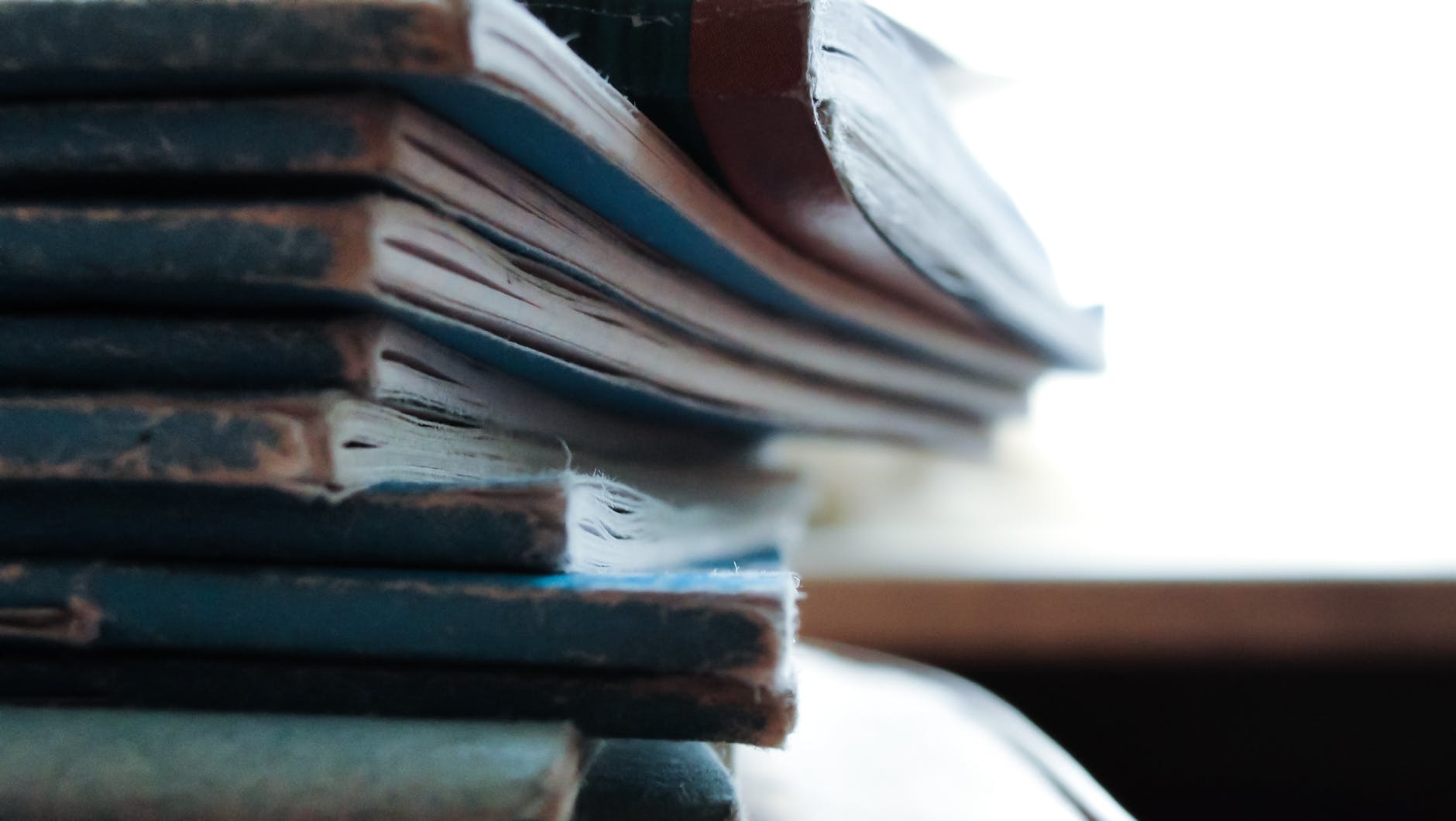School Supplies: The Essential Tools You Need to Remain a Lifelong Learner
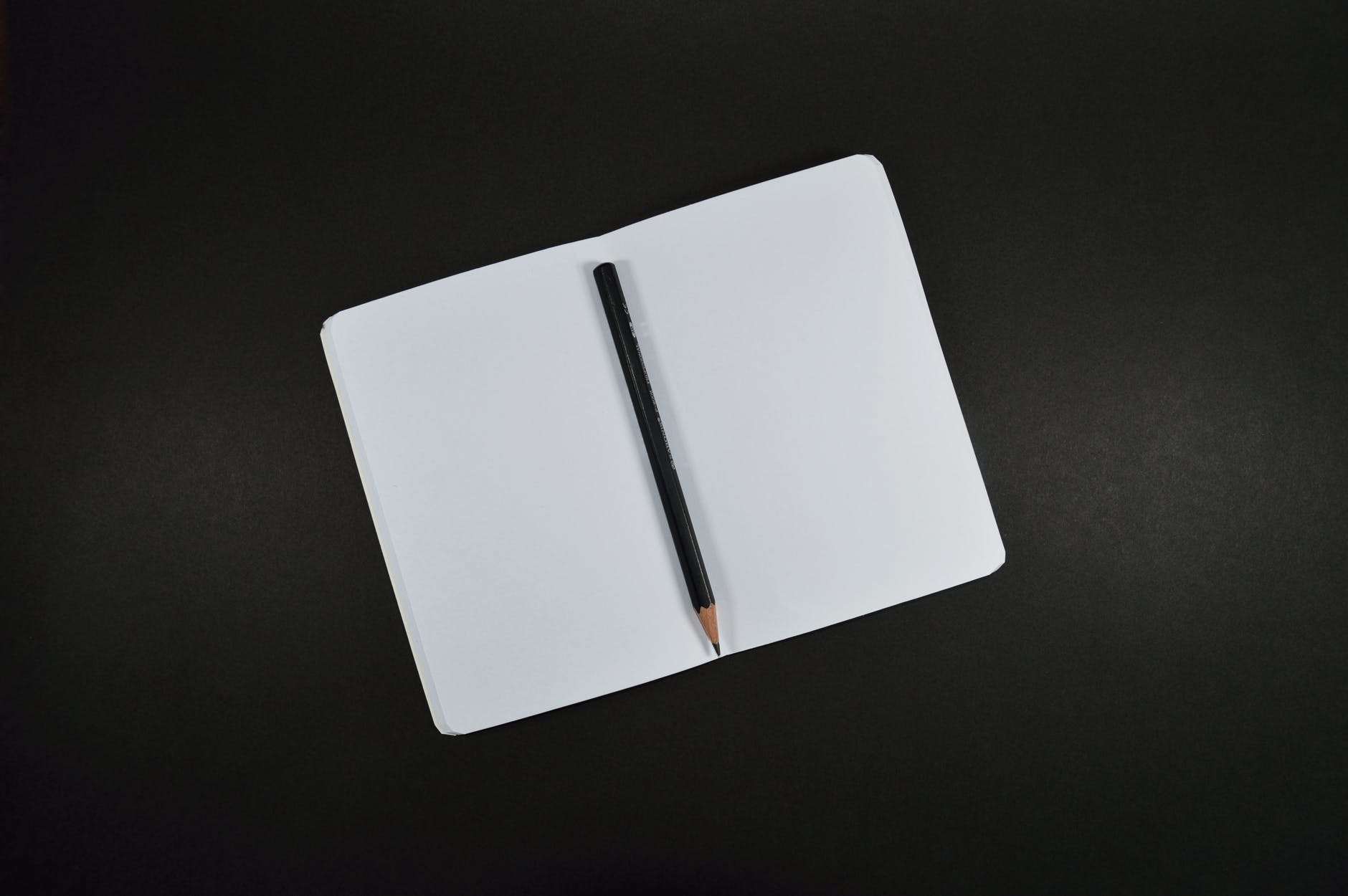
I spent solid twenty-five years of my life in school. It began in kindergarten and I then headed straight from high school into undergrad, a master's degree, and then a Ph.D (I know, I know…) One of the things I truly miss now that I'm no longer an enrolled student is the optimism and excitement that comes with shopping for school supplies. Nerd or not, there is something that is just exciting about having fresh notebooks, new pens and pencils, bags, folders––all the “stuff” of school. Adult life may entail the occasional new notebook, but there isn't a season for it in the Fall where everything is potential, and all the success and mistakes are in the future.
That we don't do this as adults is a shame. Because there is every reason for all of us to be ready for school. The longest project in a any maker's life is the constant, endless craft of oneself. And there is no way to make progress on this project without the proper tools. I think most people dedicated to craft have slid into a life of learning whether consciously or not. And there's no reason not to prepare ourselves with supplies to complete this project well. But, of course, a life of learning is not the same as preparing for a school year. It has a different set of requirements and it calls for some different kinds of supplies.
Being a lifelong learner is a way of prioritizing your own growth and self-education. But it is also a way of acknowledging that your own life––its difficulties and blessings, its unexpected pleasures, its defeats, the whole experience of living––is going to be a unique education that you, as the learner will want to pay attention to. So the tools you will need will partly be about making sure you never spin your wheels and lose the momentum of discovering the world around you. But it will also mean finding ways to capitalize on your life experience so that you don't lose track of the lessons that are happening right in front of you.
Here are some supplies and what they will help you accomplish in order to make yours a life of real learning.

1. Record Your Data
Even though we live in a digitally saturated world, there is something to be said for writing at the speed of thought on real paper in a venue that allows you to jot, doodle, arrange, diagram and whatever else you may need to do. A good notebook is an extension of your brain. And in a life of learning, a series of notebooks are a way of tracking your own thinking, your own reflections, your ideas, your passions––it's a way of remembering how you got to be where you are. A standard composition book can work for this. I've found that a moleskin––with its thick paper and durable build––is more suitable for this kind of work.
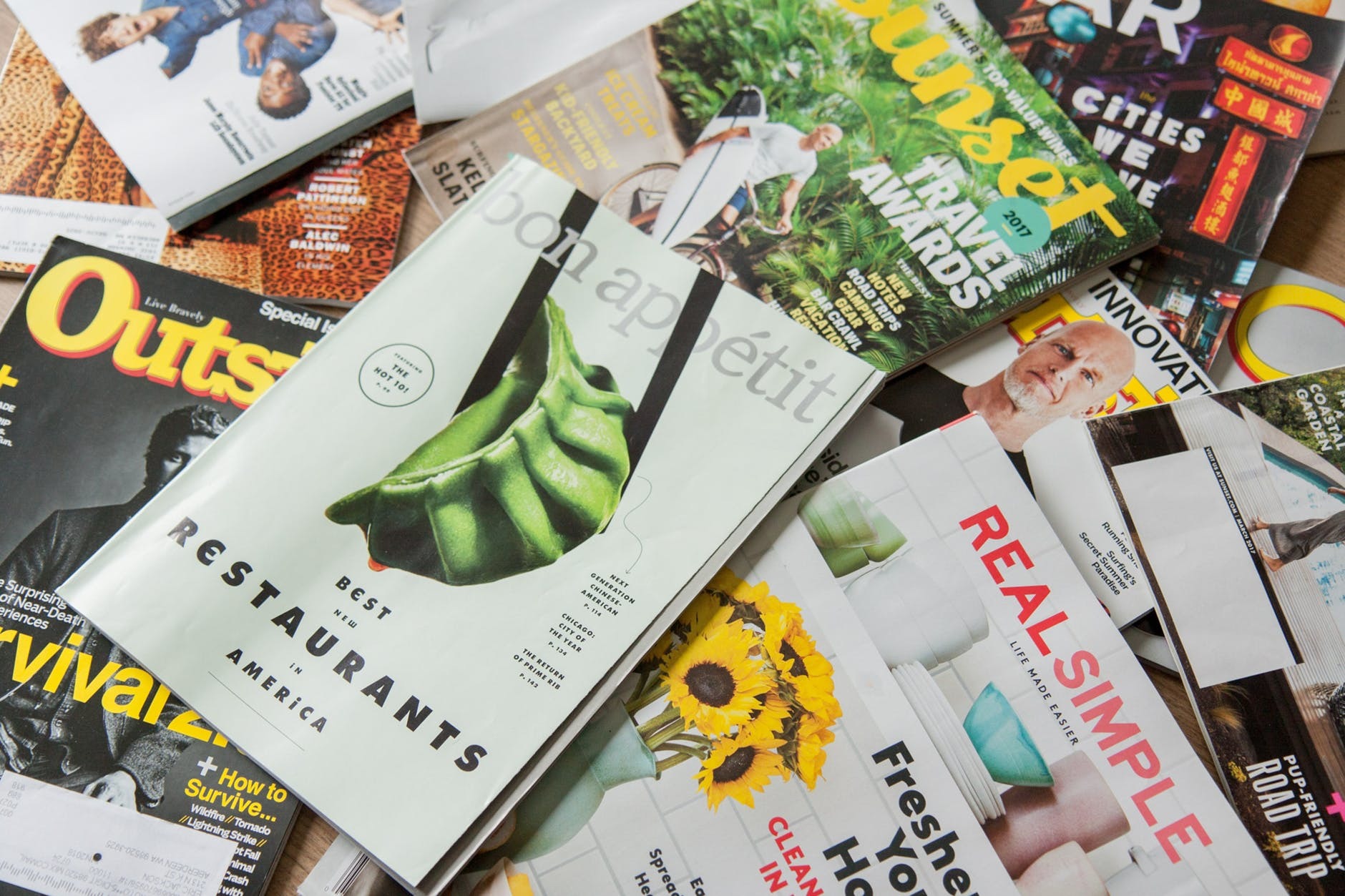
2. Curate Your Own Syllabus
When you leave school, you stop HAVING to read/watch/engage with materials that are unfamiliar to you. And not finding a way to expand your own exposure to media of all kinds is the death knell of one's curiosity. The best way to do this is with a wonderful, diverse-in-every-way, intimate group of friends whose interests can help shape yours. But life is hectic and it's not always easy to keep up conversations about what new things have blown our hair back. So, it's good to develop some other ways of expanding your world. Subscriptions are an old school, but also terrific way of managing this. Magazines––like this one, to the ever-illuminating Economist––podcasts, the entries in a book club, whatever it may be. Keep your head in things that are new and unfamiliar, and you'll never stand still.
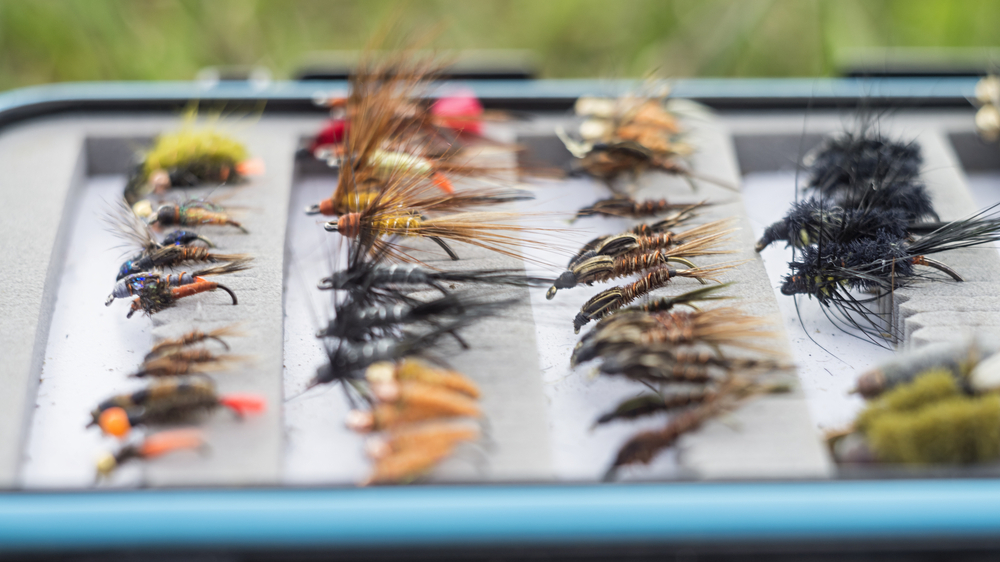
3. Recess is Important
A crucial part of a life of learning is to navigate a very subtle but important shift from learning in a school environment––making learning part of what is your downtime, your rest time, your self-care. Part of this is hobby-ifying your learning. And even if this seems trite to say, this means allowing yourself to lean into the things that you enjoy about what you are learning. It means that you may have to splurge on the tying setup if you're learning to tie flies. Or it means allowing yourself to buy that serious workshop table. Or that guitar you always promised yourself. Fun is essential.
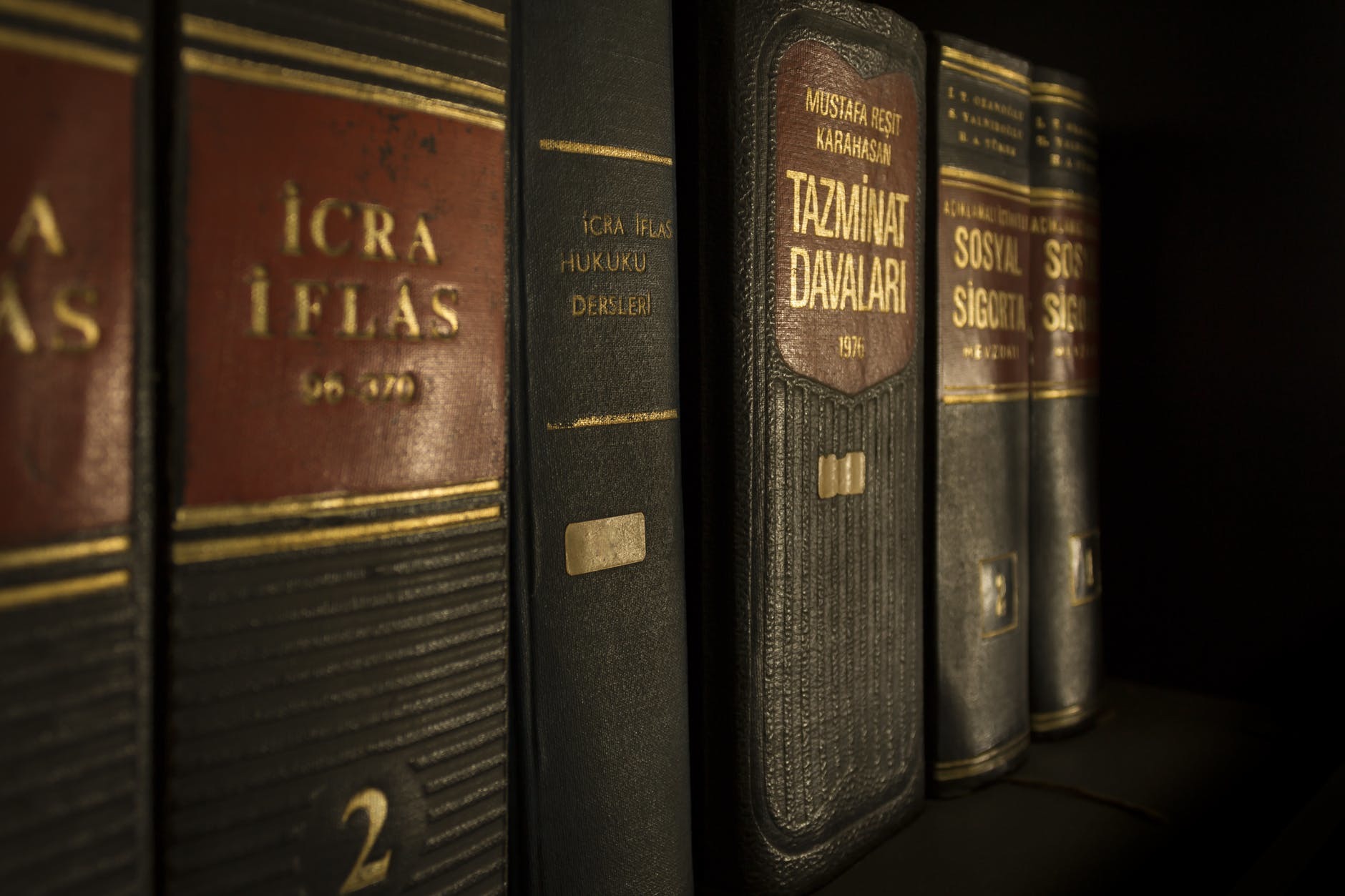 4. Learn a language
4. Learn a language
I've made this case elsewhere, and I can't add much to it now. But this is one of those things you wanna slip into your life of learning. Make it a class, or a program, or just a new kind of media to consume, but make it be in a language that is not your own. There's so much to learn, and learning it in a language that is not native to you is the best way to expand your mind into a shape that more perfectly fits the shape of the world.
5. Diary Your Days
When I was young, the concept of a diary seemed, somehow, absurd. Mapping out what you are doing, day by day, hour by hour, seems to accomplish the impossible: to be creepily involved in your own life. And when my days mainly involved cereal for breakfast and cartoons and fishing, keeping track is pointless. But living an adult life––with years behind and in front of you––a diary is an extraordinary tool. It gives you extraordinary data about what you do with your time, where your priorities lie and what was going on in your life when important events happen. Again, digital tools are available, but analog can be uniquely useful here. You never know where you'll be when something extraordinary happens.
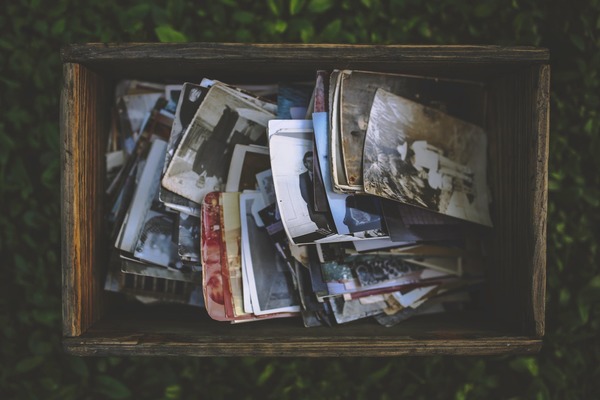
6. It Matters What's On Your Fridge
Especially if you are learning from your life, mementos and keepsakes are going to be a rich part of your endeavors. You're going to want to hold onto tickets, programs, important items that have sentimental value and personal significance. It's easy to lead a life full of clutter. And most people who live rich, full lives will come to a time when you realize you have a bunch of crap that you don't need––or more than one time! It's inevitable. But consider what might still be with you at the end of various such purgings. What really matters among your possessions, and how can you really preserve them? I have a box I built in my high school wood shop, a lockable file box and a collection of books and media that matter to me. You may need a whole lot more or a lot less. But whatever it is, the time to start holding onto what matters is now.

